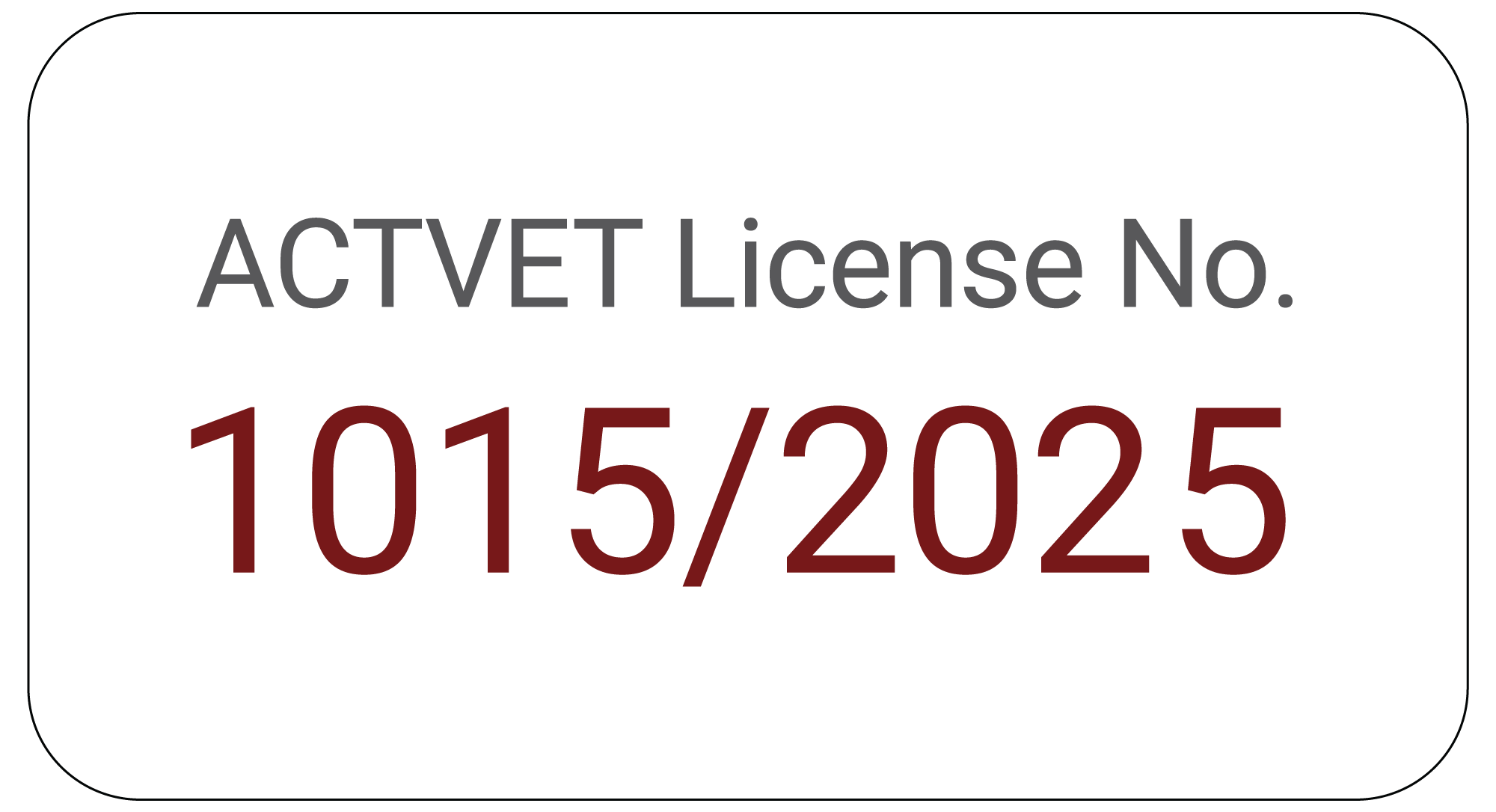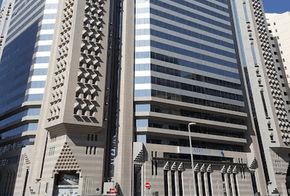Advanced Corrosion Management in Refinery Plants

- Online (Microsoft Teams)
- +971 562069465
- info@velosiaims.com
-
This advanced-level course is designed to provide refinery professionals with in-depth knowledge and practical expertise in managing corrosion across refinery plants, with special emphasis on sour service environments involving hydrogen sulfide (H₂S). The course explores a wide range of corrosion mechanisms, refinery-specific damage modes, and proven mitigation strategies aligned with global best practices and international standards such as NACE MR0175, API 571, API 580, and ISO 15156.
-
By the end of this course, participants should be able to:
- Identify and analyze corrosion risks associated with key refinery equipment, such as distillation units, exchangers, reactors, pipelines, and storage systems.
- Develop proficiency in advanced inspection techniques, risk-based inspection (RBI), and materials selection.
- Develop a strong understanding and proficiency in applying chemical inhibitors, coatings, and cathodic protection systems.
- Enhance problem-solving skills and gain practical tools to support integrity management programs through real-world case studies.
-
Training will be conducted via Microsoft Team Meeting. Meeting invites will be shared one day before the first day of training.
Face-to-face training is available as per request.
-
05 days (40 hours) of training from 09:00 AM to 03:00 PM GST (UAE Time)
-
- Presentation Slides
- Study References
Deliverables:
- Professional Course Manual with Presentation Slides
- Equipment-specific corrosion charts
- Reference standards (API, NACE, ASTM) excerpts
- Access to corrosion monitoring templates
- Post-training support (Q&A or consultation session, optional)
-
Upon successful completion of training, participants will receive an"Advanced Corrosion Management in Refinery Plants"certificate.
-
This course is appropriate for a wide range of professionals, but not limited to:
- Target Audience: Corrosion Engineers, Inspection Engineers, Maintenance & Operations Staff, HSE Engineers.
- Prerequisites: Engineering background with refinery operations knowledge or basic corrosion understanding.
-
Group Discount (same company only)
- 15% Discount for groups of 5 or more
- 10% Discount for groups of 3-4
Bundle Discount
- Sign up for 2 courses and get an extra 10% off
- Sign up for 3 courses and get an extra 15% off
Course Outline
-
Day 1: Introduction & Corrosion Fundamentals
1.1 Overview of Refinery Corrosion Management
- Importance of corrosion control in refinery operations.
- Design throughput (5.5 million tons/year) – implications for corrosion management
- International regulatory and safety requirements in Kazakhstan.
1.2 Fundamentals of Corrosion
- Basic corrosion mechanisms (electrochemical principles)
- Forms of corrosion: Uniform, Galvanic, Crevice, Pitting, Intergranular, Stress Corrosion Cracking (SCC)
- Factors influencing corrosion in refinery environments
1.3 Refinery Equipment and Corrosion Exposure
- Atmospheric & vacuum distillation units
- Hydrodesulfurization units
- Reformers and catalytic crackers
- Heat exchangers, reactors, separators, furnaces, pipelines
- Storage tanks, flare systems, and wastewater treatment units
-
Day 2: Hydrogen Sulfide (H₂S) Corrosion in Refineries
2.1 H₂S Corrosion Mechanisms
- H₂S-related corrosion in sour service environments
- Sulfide Stress Cracking (SSC)
- Hydrogen-induced cracking (HIC)
- Stress-oriented hydrogen-induced cracking (SOHIC)
- Decarburization and embrittlement
2.2 H₂S Service Design and Material Considerations
- NACE MR0175/ISO 15156 compliance
- Equipment design for sour service
- Material selection and compatibility
2.3 Case Studies & Group Discussion
- Failures in H₂S service components
- Discussion on mitigation strategies and lessons learned
-
Day 3: Corrosion Monitoring, Inspection & Risk-Based Approach
3.1 Corrosion Monitoring Techniques
- Online/offline monitoring: corrosion probes, coupons, ultrasonic thickness monitoring
- Non-destructive testing (NDT) methods: UT, RT, MFL, PEC, AE, IRIS
- Online data integration and corrosion-tracking tools
3.2 Inspection Planning and RBI
- API 580 & API 581 Risk-Based Inspection methodology
- Inspection planning for high-risk areas
- Data management and integration with CMMS
3.3 Workshop
- Risk prioritization exercise using refinery flow diagram
- Interpreting inspection results for critical equipment
-
Day 4: Corrosion Mitigation Strategies
4.1 Material Selection & Coatings
- Corrosion-resistant alloys (CRAs) and lining materials
- Protective coatings and linings (organic/inorganic, high-temp options)
- Thermal spray coatings and applications
4.2 Cathodic and Anodic Protection
- CP for underground pipelines, storage tanks, and buried infrastructure
- ICCP and sacrificial anode systems
- Field measurements, maintenance & troubleshooting
4.3 Chemical Inhibition Programs
- Types of inhibitors: filming, neutralizing, scavengers
- Inhibitor selection, application methods, and effectiveness monitoring
4.4 Water Treatment and Process Chemistry Control
- Boiler and cooling water treatment best practices
- Amine systems and corrosion control strategies
- Desalter operations and corrosion impact
-
Day 5: Integrity Management, Best Practices & Future Technologies
5.1 Integrity Management Systems (IMS)
- Integration of IMS in refinery operations
- Role of corrosion loops and circuits
- Maintenance & turnaround considerations
5.2 Case Studies and Best Practices
- Corrosion failures in refineries: root causes and corrective actions
- Best practices in turnaround planning to minimize corrosion risk
- Role of HSE and risk communication in corrosion management
5.3 Future Technologies in Corrosion Management
- Digital twins and AI in corrosion prediction
- Smart sensors and IoT integration
- Advanced coating technologies
5.4 Final Assessment & Course Wrap-up
- Group assessment or quiz
- Certification of completion
- Feedback & course improvement discussion
Past Trainings
| From | To | Status | Type |
|---|---|---|---|
| Completed | Training |



